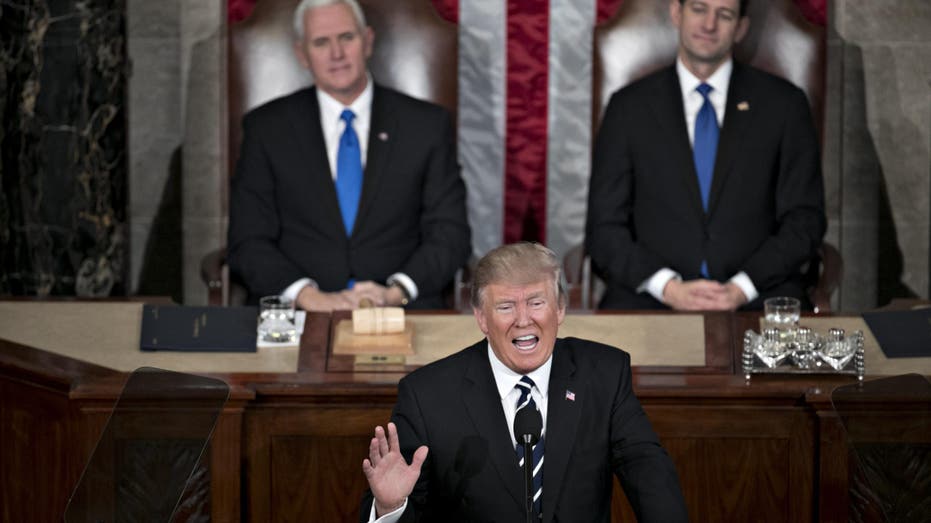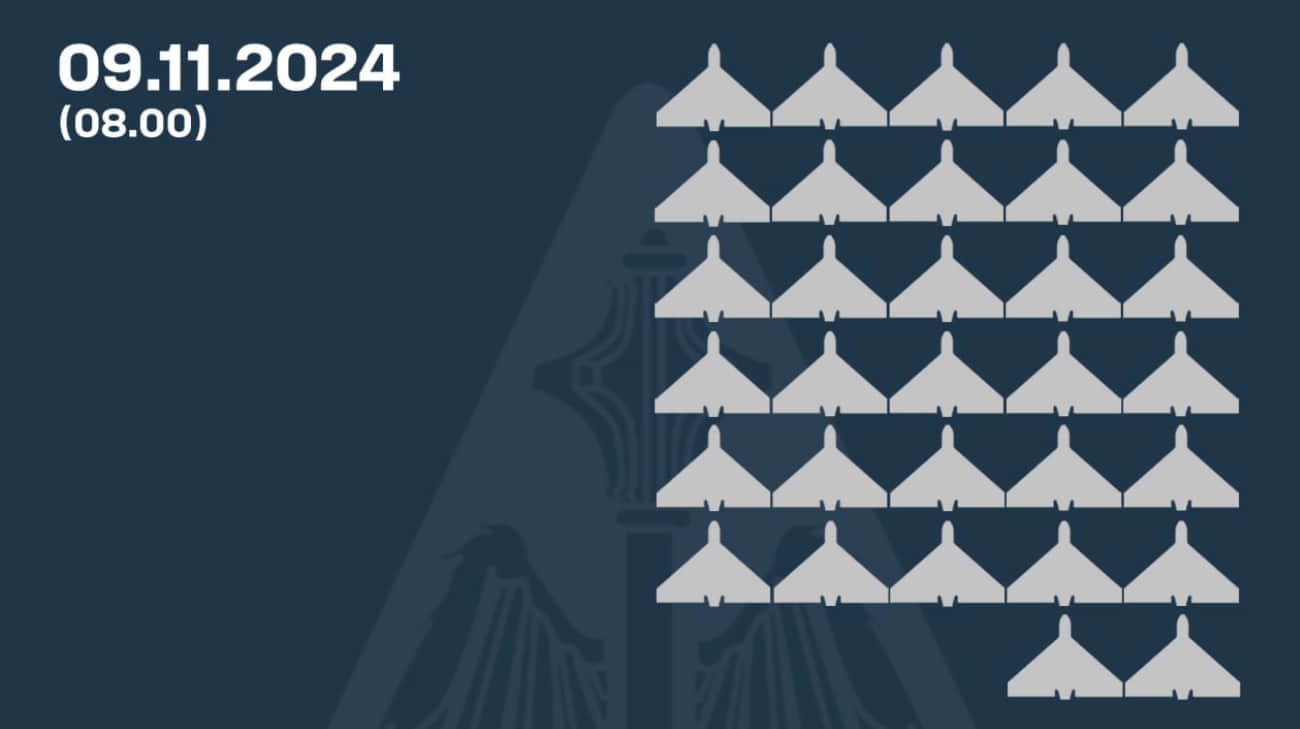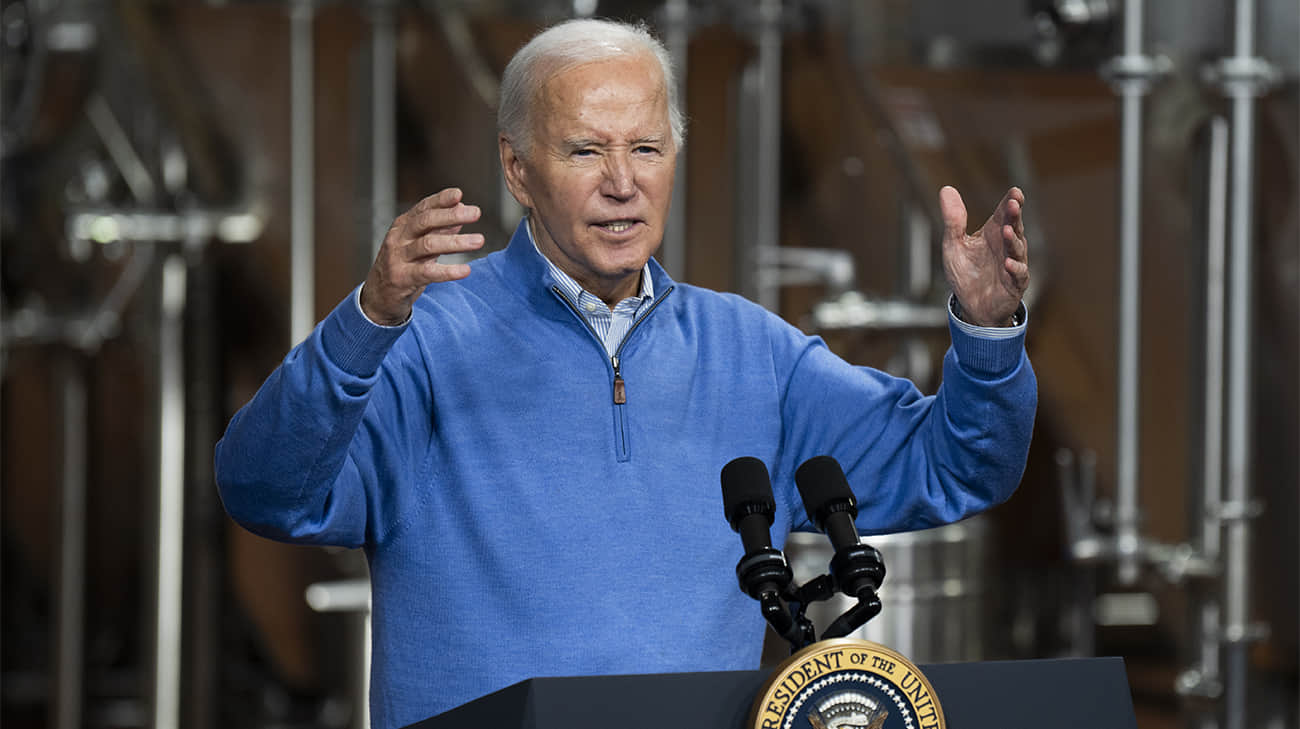How mass migration is being weaponized — a lesson from Poland
President-elect Trump's return to the White House is expected to bring a return to border policies that emphasize security and U.S. sovereignty, as the Biden-Harris administration's record on border security has seen nearly 11 million illegal encounters on the border in less than four years.

The Biden-Harris administration’s record on border security speaks for itself: Nearly 11 million illegal encounters on our border in less than four years, which amounts to five times as many as under President Donald Trump’s first term in office. What’s particularly concerning are the more than 176,000 illegal migrants that have entered from adversarial nation states such as China, many of them military aged males.
Even if 1 percent are malicious foreign actors, our national security is compromised. Thankfully, Trump’s return to the White House will no doubt usher a return to border policies that emphasize security and assert U.S. sovereignty.
Trump will have to contend with a far more volatile geopolitical scenario than during his first term. Our adversaries are pursuing less direct strategies to sow discord and mayhem. The ongoing conflict in Eastern Europe demonstrates how Russian President Vladimir Putin has weaponized illegal migration against his European neighbors.
Russia’s actions should serve as a warning for how U.S. adversaries have the ability and willingness to wage asymmetrical warfare by capitalizing on border insecurity.
Russia’s decision to start the largest land war in Europe since World War II has shown the tragic consequences when nation states devalue hard power. Putin delighted as the largest and richest countries in Europe used taxpayer dollars to fund large social safety nets at the expense of growing their intelligence and military infrastructure. Russia did precisely the opposite, committing itself to undermining the West, through both conventional and unconventional means.
We have seen Russia weaponize mass migration to apply pressure to specific countries in Eastern Europe that are aiding Ukraine’s war effort. Several reports have clearly shown that Wagner Group, a Russian paramilitary organization, is actively stoking chaos in already unstable countries in Africa and the Middle East to cajole mass migration north into Europe.
Poland, the country which has already shouldered the largest burden of the Ukraine migration crisis caused by the war, is now being overwhelmed by a rush of migrants from the Middle East and Africa.
Forcing mass illegal immigration into Poland provides three major gains for Russia. First, the incessant and high volume of migrants attempting to cross into the country compounds the existing strain on internal and external security assets. Poland now is in a dilemma of who and what to fund; its military or the expensive and resource-intensive effort to deal with the consequences of mass migration.
The second advantage gained by Russia is intelligence collection. The Kremlin can gain key information on how the Polish government and society responds to the crisis, providing Russia with a blueprint for how to destabilize the country in the future. The same is true for other bad actors, like China and Iran, both of whom are intent on using similar means to undermine the West.
Finally, mass illegal migration is a means for Russia to intimidate nations like Poland and cause division amongst NATO allies and the West as a whole. Russia is making clear to the Polish public that they will suffer, by way of mass illegal migration, for the Polish government’s overt military support for Ukraine. In this manner, Russia is hoping that pro-Ukrainian sentiment in Poland will fall and the public’s will to invest more in its own military will diminish.
It is imperative that Poland and the free world recognize Russia’s intentions. The hour requires decisive action, or else risk the further degradation of Europe’s security situation as resulting from a failure to deter Russia.
The U.S. can garner valuable lessons from Poland when it comes to our own border crisis. In fact, Russia and China have already begun to capitalize on Biden-Harris border policies, which have provided cover for foreign agents to enter the U.S., hide within the public and gather intelligence from within. This trend in mass migration will not wane, and if indicative of the trends in Poland, will worsen if Russia views this as a useful method of weakening the West.
American elected officials must understand that our adversaries are weaponizing migration to stress our societal and security institutions. Trump’s pick of Tom Homan to serve as his border czar is a welcome decision because it's clear he will prioritize border security and the deportation of criminal illegals. But Congress will also have to act in a united fashion to make sure Trump’s priorities for U.S. border security can move forward.
Simultaneously, the U.S. must pursue ways to degrade our adversaries’ hard power abroad. The more Putin is forced to allocate resources to stave off disaster in Ukraine, the fewer tools Russia will have, both conventionally and asymmetrically, to contend with the West.
The U.S. should take steps to ensure that sanctions are being properly enforced so that adversaries find themselves more isolated, both from the overall global economy and from opportunistic potential partners. Furthermore, we need to appropriately fund our own intelligence and surveillance capabilities to identify when and how our adversaries are planning to employ nonconventional methods to threaten our security.
Geopolitics impacts the situation at our border whether we like it or not. The U.S. can shape this by playing an active leadership role in foreign affairs. This is a fine line to draw — the U.S. should not be seeking out conflicts to become tied down in. The U.S., however, should certainly pay attention and be ready to act if necessary. Afterall, our adversaries seek to capitalize on the past four years of failed border policies.
For all of President Biden’s bluster that “America is back” the Biden presidency has in truth been defined by U.S. retreats and greater cooperation between adversaries like Russia, China and Iran, all of whom have grown emboldened. A retreat to fortress America is exactly what despots like Putin, China’s Xi Jinping and Iran’s Ali Khamenei want. Before he even returns to the Oval Office, Trump’s posturing makes clear he understands the nexus between both border security and foreign policy.
Pat Fallon represents Texas’ 4th District. An Air Force veteran, he is a member of the House Armed Services and Oversight and Accountability committees.



